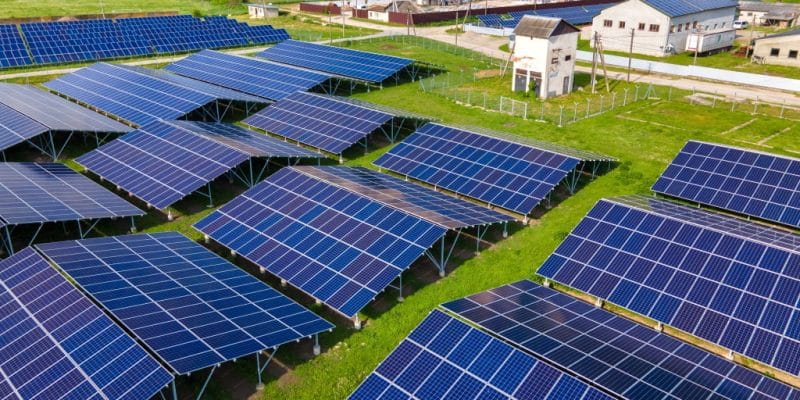The Universal Energy Facility (UEF) will provide performance-based grants to several solar energy providers in Nigeria. They will connect at least 3,500 small and medium-sized enterprises (SMEs) to clean energy generation systems.
Good news for solar energy providers in Nigeria. These companies will benefit from performance-based grants from the Universal Energy Facility (UEF), a financing mechanism managed by the international organisation Sustainable Energy for All (SE4All). The grants will be awarded under the Stand-alone Solar for Productive Use (SSPU) programme launched by the UEF in Nigeria.
The companies selected through a call for expressions of interest in August 2022, whose identities were not revealed, will therefore be required to begin implementing the proposed projects. The projects are broadly focused on the solarisation of small and medium-sized enterprises (SMEs), markets, shopping centres, cold stores, clinics, schools and other productive uses of energy, i.e. uses that support economic activity and community infrastructure.
Solarisation of 3,500 small businesses
According to SE4All, these projects will be implemented in most Nigerian states over the next 12 months and are expected to result in the productive use of solar energy in at least 3,500 structures in the West African country. “With this programme in Nigeria, the UEF will demonstrate the enabling power that sustainable energy can have on local economic development and climate action,” says Damilola Ogunbiyi, SE4All’s Executive Director and Special Representative of the UN Secretary General for Sustainable Energy for All.
Read also- NIGERIA: Westa Solar gets $1.8m to supply solar to businesses
“Solar projects supported by the Facility will provide businesses with clean, affordable electricity to help them grow, create jobs and replace polluting energy sources,” she says. Solar power will allow businesses and small shops to reduce the use of diesel generators, which are often used as a back-up when the power grid goes down. As a result, the use of solar systems is expected to reduce emissions by 5 400 tonnes of CO2 equivalent per year.
In addition to SMEs, the UEF’s SSPU programme has also been launched to improve access to electricity for households. The UEF is thus starting the implementation of the first call for projects window of the SSPU programme. The programme supports companies that use “energy as a service” or “lease to own” business models.
Jean Marie Takouleu






